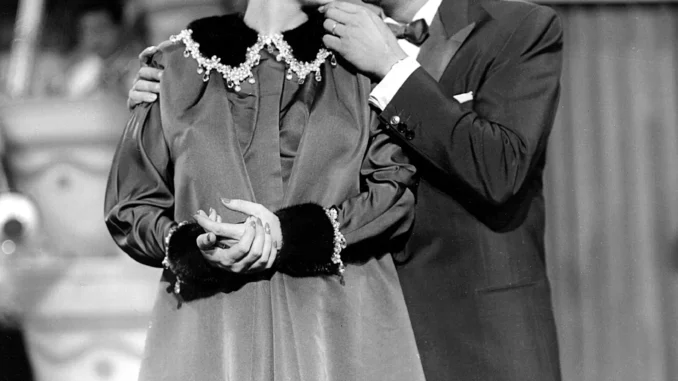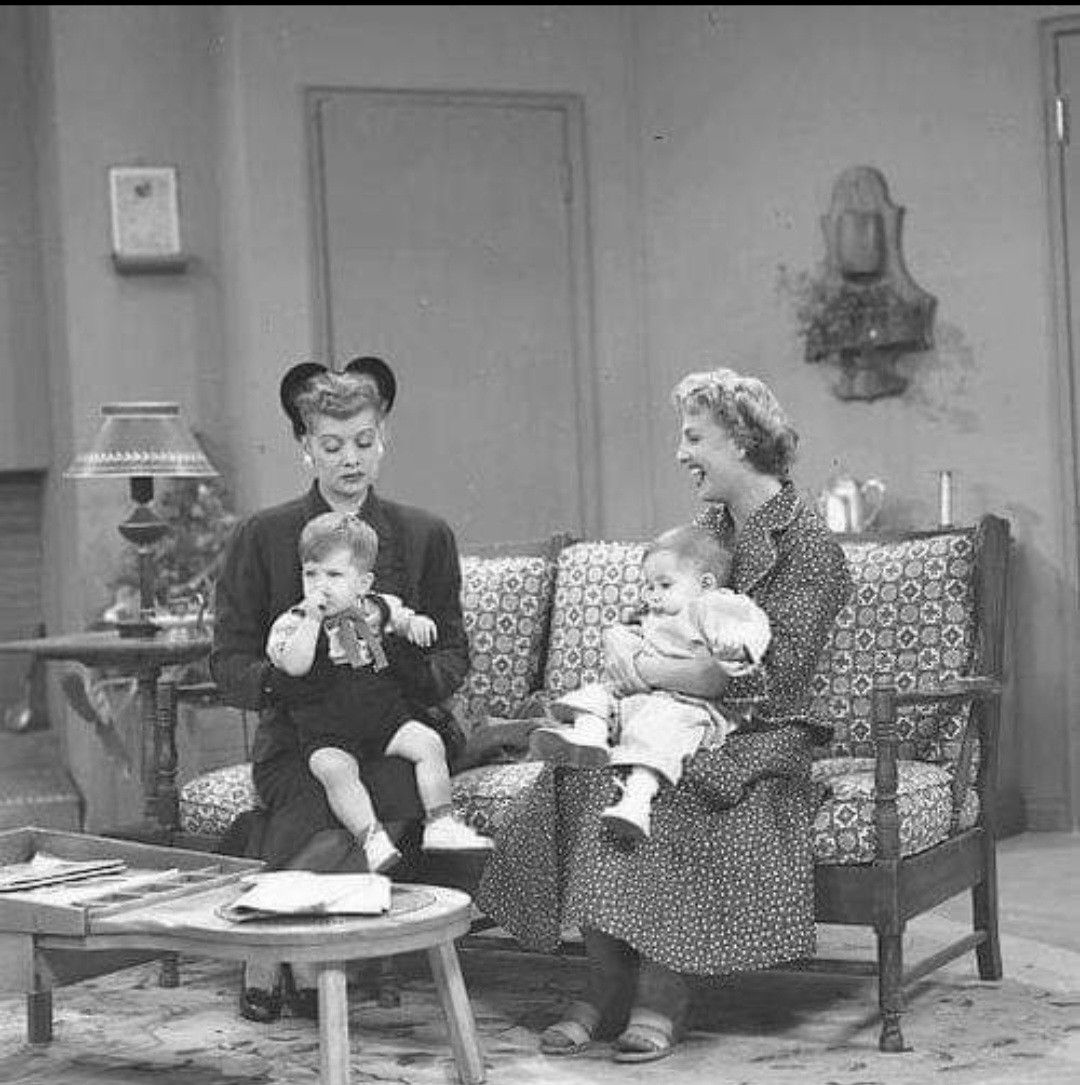
Historical Context: Television and Taboos in the 1950s
In the early 1950s, American television operated under strict codes of morality and heavy censorship. Everyday realities—marriage, intimacy, pregnancy—were considered “unfit” for broadcast. Even the word pregnant was deemed too direct; networks preferred the softer term expecting.
Within this climate, Lucille Ball’s real-life second pregnancy posed a challenge for I Love Lucy, the nation’s most popular sitcom at the time. CBS executives and sponsors feared that portraying a visibly pregnant woman on television would scandalize audiences and damage the show’s pristine image.
Desi Arnaz’s Pivotal Role
It was Desi Arnaz—Ball’s husband, both on screen and off—who insisted on confronting reality rather than hiding it. As producer, Arnaz argued that I Love Lucy could not separate itself from their real lives. If Lucille Ball was pregnant, then Lucy Ricardo should also be pregnant.
Arnaz pushed back against CBS and its nervous sponsors, who warned that “showing pregnancy” would break television’s unspoken rules. But Arnaz’s stance was clear: television had to reflect real life. To him, authenticity was more powerful than censorship.

Artistic and Cultural Significance
When the pregnancy storyline aired in 1952, it made history. For the first time, a mainstream American television character was openly pregnant. The episode “Lucy Is Enceinte” cleverly sidestepped the forbidden word pregnant by using French, but its impact was unmistakable—it normalized a subject long treated as taboo.
Audience reaction defied CBS’s fears. Viewers embraced the storyline wholeheartedly. The birth episode, which coincided with Lucille Ball giving birth to Desi Arnaz Jr. in real life, drew record-breaking ratings—outperforming even President Eisenhower’s inauguration coverage. It proved that audiences wanted television that mirrored their lived experiences, not sanitized fantasies.
Lasting Impact
Arnaz’s bold move set a new precedent for American television. After I Love Lucy, sitcoms and dramas alike became more open in portraying life’s natural milestones: pregnancy, childbirth, later even divorce, race, and politics.
The behind-the-scenes struggle highlights I Love Lucy not only as a landmark comedy but also as a cultural pioneer. Arnaz’s determination reshaped television history—transforming what could have been a private family moment into a cultural turning point.